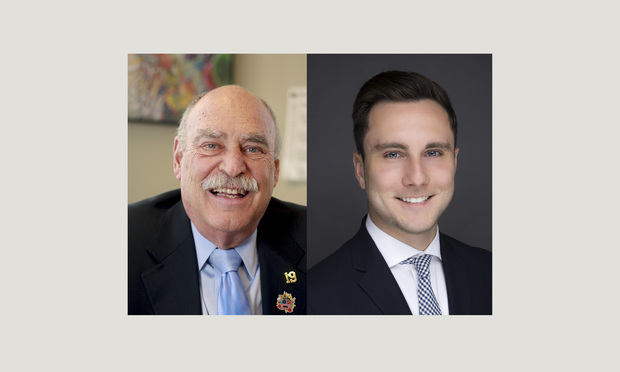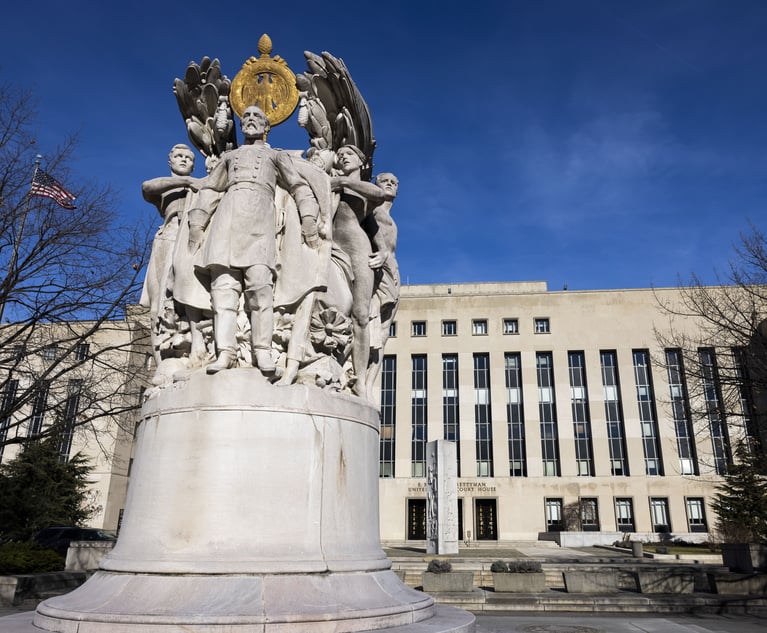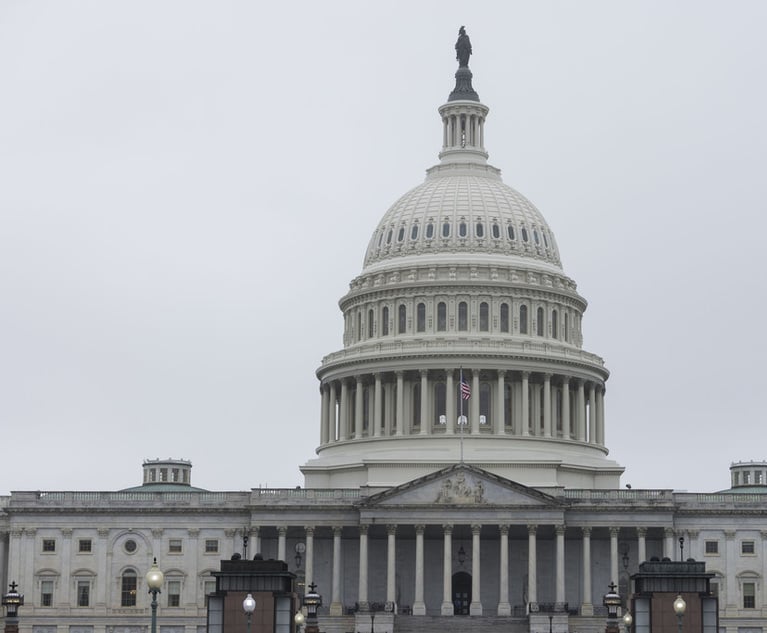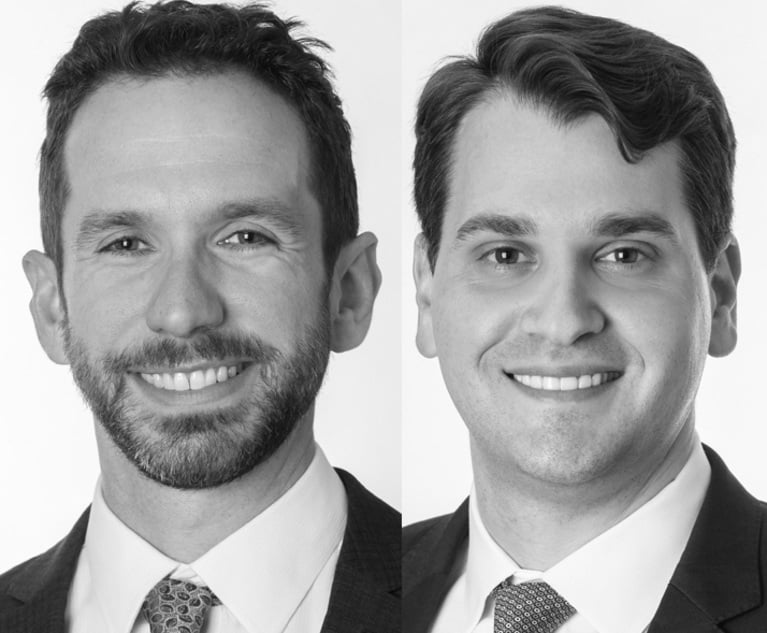On Jan. 27, the U.S. Court of Appeals for the Eleventh Circuit decided two cases involving the same issue on appeal, one from the U.S. District Court for the Northern District of Georgia (the Evans case) and one from the U.S. District Court for the Middle District of Florida (the Glasser case). The cases concerned unwanted and unsolicited telephone calls received by the plaintiffs in their respective cases. The ruling creates a new opportunity for massive litigation to be filed against those who telemarket.
The statute at issue is the Telephone Consumer Protection Act (TCPA or act) passed by Congress in 1991. The act makes it illegal to “make any call … using any automatic telephone dialing system or an artificial or prerecorded voice” to “emergency telephone lines,” to “guest rooms or patient rooms of a hospital,” or “to any telephone number assigned to a paging service or cellular telephone service” without the “prior express consent of the called party,” 47 U.S.C. Section 227(b)(1)(A). The central issue and deciding factor in the two cases concerned the use of the “automatic telephone dialing system” which the act defines as “equipment that has the capacity—to store or produce telephone numbers to be called, using a random or sequential number generator; and to dial such numbers.” The penalties established within the act award an aggrieved plaintiff $500 per each illegal phone call, and the act also awards treble damages if the caller “willfully” or “knowingly” violated the prohibition, where the court may award $1,500 or more per call.


 Charles M. Tatelbaum, left, is a director, and Thomas Sternberg, right, is an associate, at Tripp Scott in Fort Lauderdale.
Charles M. Tatelbaum, left, is a director, and Thomas Sternberg, right, is an associate, at Tripp Scott in Fort Lauderdale.




